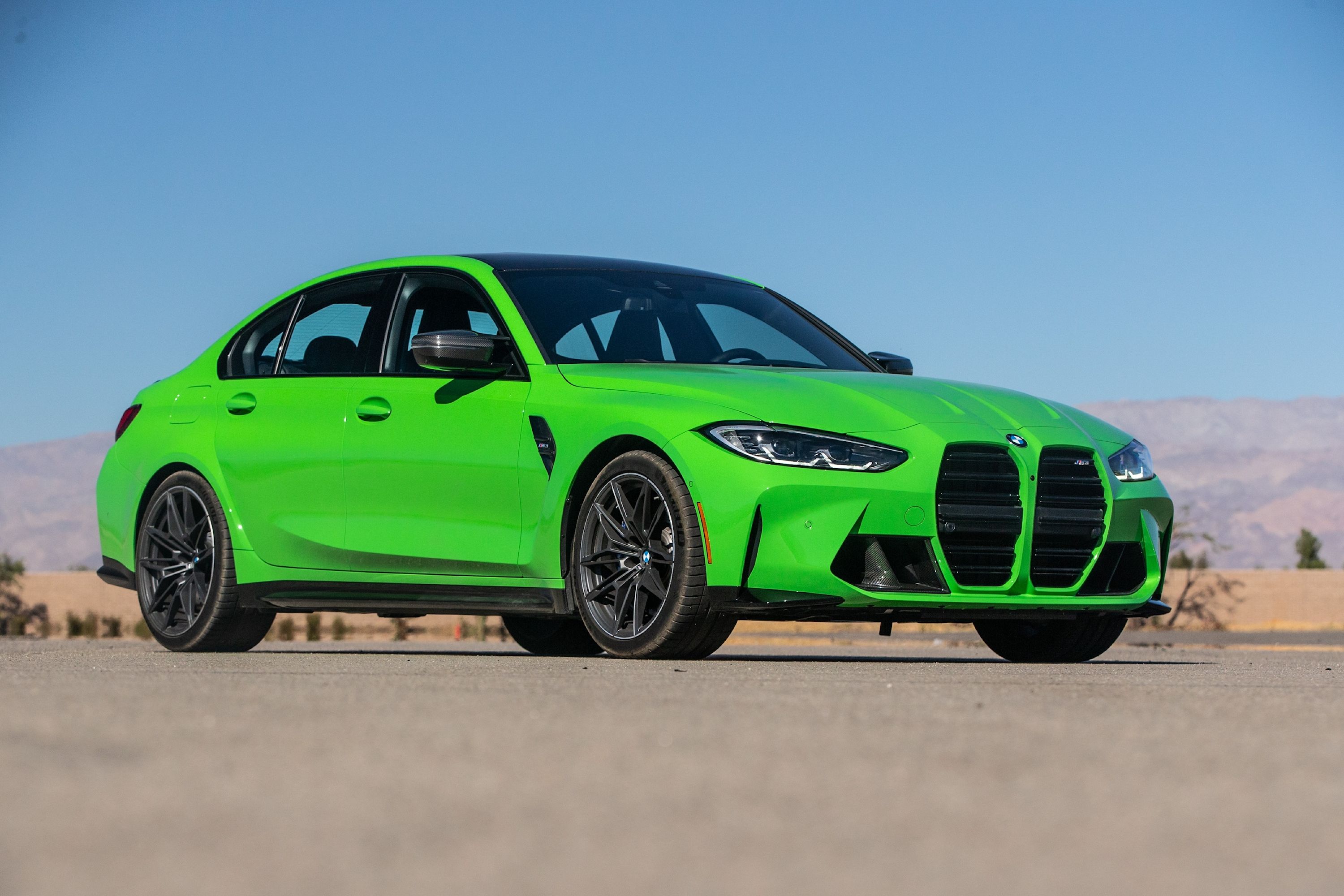The manual transmission has been on the decline in North America for several years but remains the preferred choice amongst driving enthusiasts for cars like the BMW M3 and Mazda MX-5 Miata. These brands and others have stated they'll continue offering manuals as long as there's sufficient demand, but there's another reason why the manual could be dropped entirely in the coming few years. Safety technology such as advanced driver-assist systems like adaptive cruise control and automatic emergency braking could ultimately hurt manual sales.
A report from Automotive News Canada says the manual's North American market share is only 1.2 percent and safety systems simply work better with automatics.
It's not impossible to adapt these systems to manuals, but it can't be done for free. And therein lies the problem; is it worth doing this considering the already low manual take rate?
Mazda has done it with the Smart City Brake Support system. Its radar cruise control is also compatible with manuals and the driver still needs to shift gears if vehicle speed goes above or below the engine's rev range. Toyota has done something similar with its in-house-developed safety system-manual relationship. Subaru is currently committed to offering customers a manual option in certain models, such as the BRZ and WRX STI, but future safety regulations will force the brand to choose between investing more in manuals or dropping them. Even adding manuals to hybrid drivetrains requires additional investments, specifically an electronic clutch.
According to global research firm IHS Markit, the five-speed manual is still the most popular gearbox choice worldwide, but automatics dominate North America and are quickly getting more popular in Asia and Europe. What about pure battery-electric vehicles and manuals? Are they even compatible? It might be technically possible but there's really no point because EVs don't have a clutch or gearbox with different speeds. Instead, they have a single drive gear plus reverse. EVs don't have manuals because they don't need them.
It doesn't seem likely manuals can survive long-term as automakers like GM commit themselves to an all-electric future. Last year in the US, EV sales surpassed those of manual-equipped passenger vehicles, a trend that's expected to continue.

